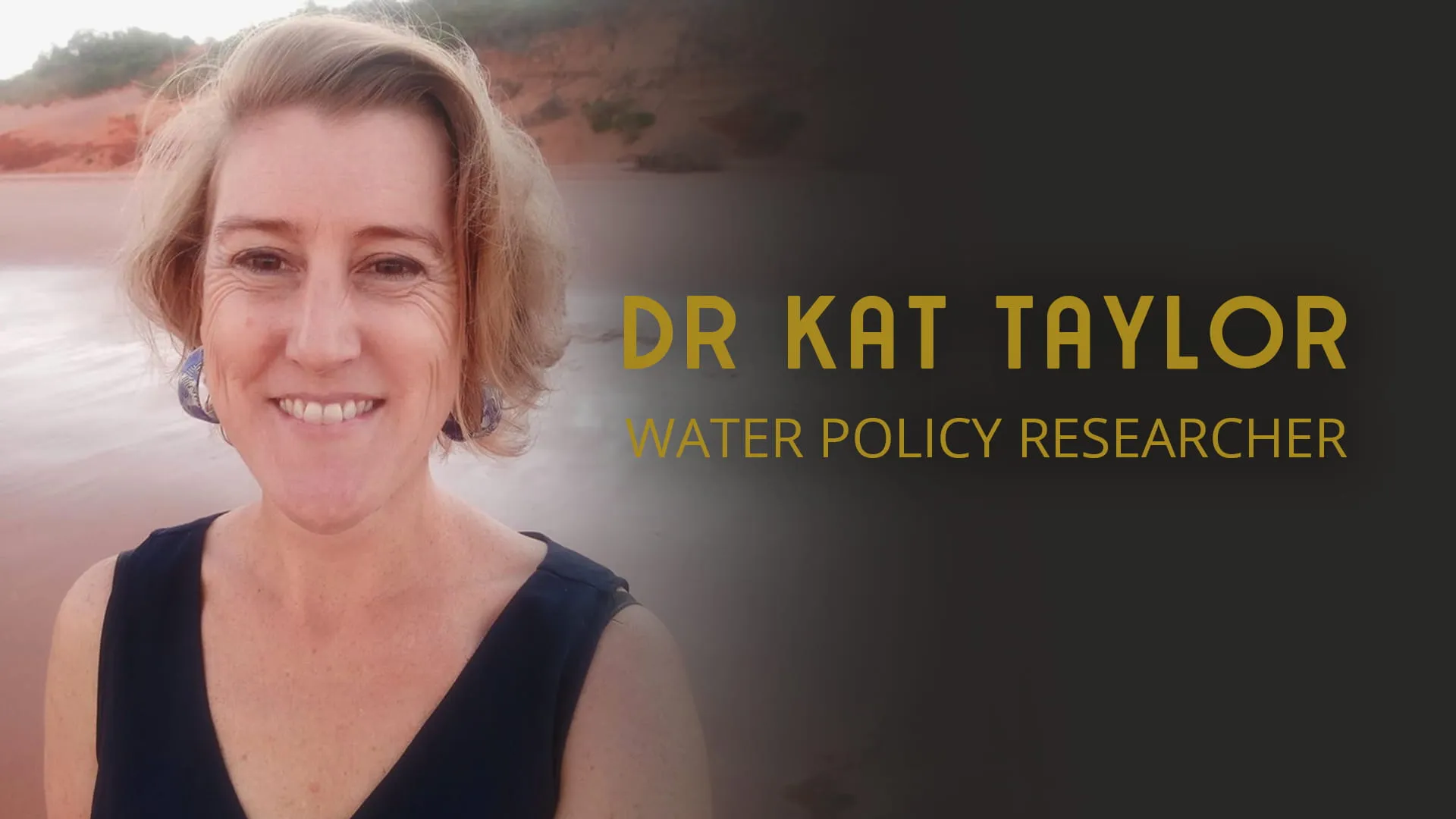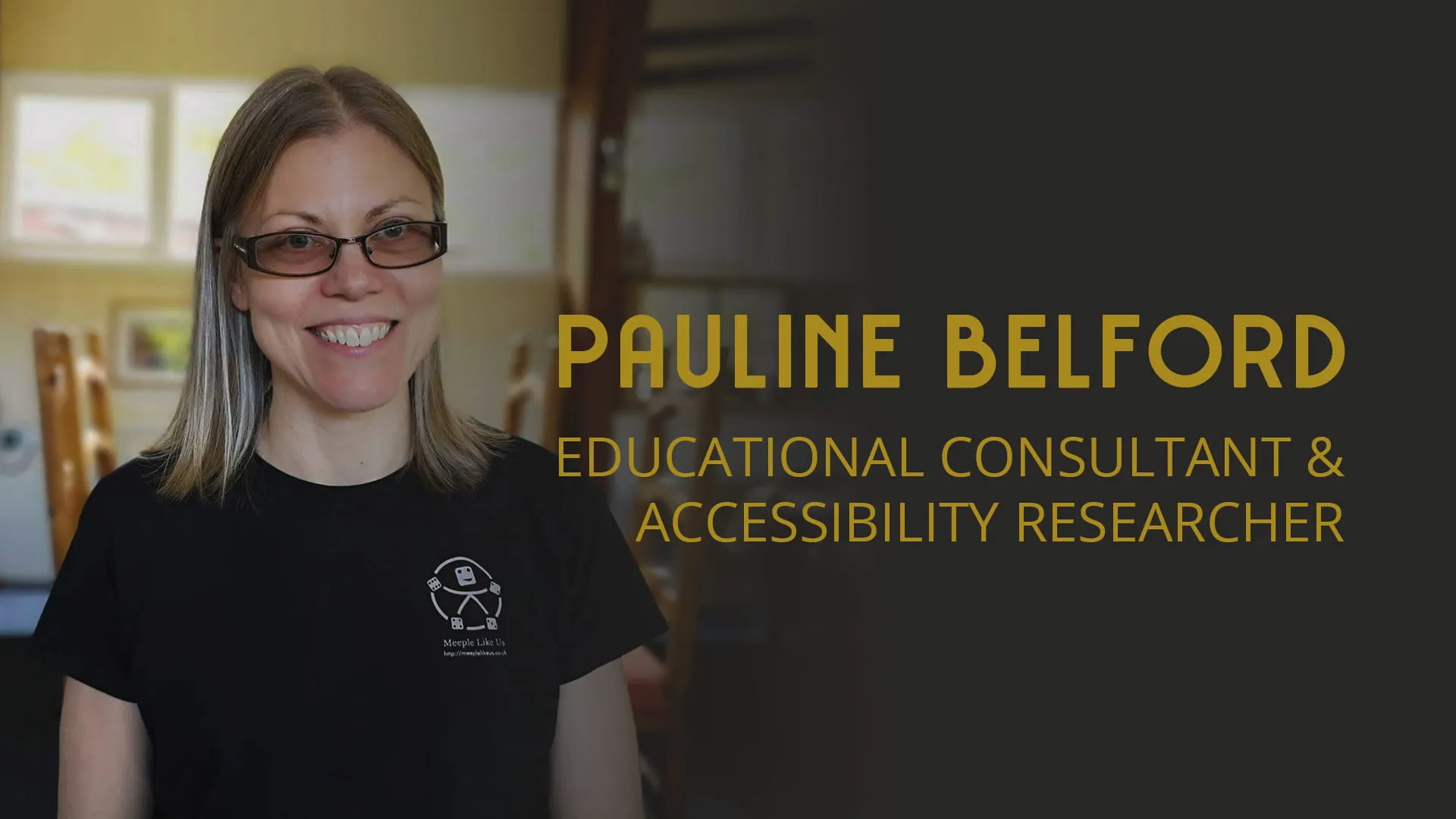Geochemistry and geochronology with Stephanie E. Suarez
Stephanie Suarez is a PhD student at the University of Houston and a National Science Foundation Graduate Research Fellowship Program fellow. She specialises in geochemistry and geochronology, and works with both terrestrial and extraterrestrial materials, or rather, earth and space matter.
Join us as we talk about being a first-generation college student, make-up, geological dating techniques, and volcanism on Mars.
About Stephanie E. Suarez
Stephanie Suarez is a PhD student specialising in geochemistry and geochronology. Her research interests include chronology of both terrestrial and extraterrestrial materials. She earned her Bachelor of Science in General Geosciences from the University of Texas at Austin in 2017. As an undergraduate researcher, she determined ages of early land biotas to further understand the rate of land colonisation. She earned her Master of Science in Geology from the University of Houston in 2019, where she determined the crystallisation age of Tissint, the fifth witnessed Martian meteorite fall. She is continuing her studies at the University of Houston as a PhD student in Geology and NSF GRFP fellow. Currently, she conducts isotopic and petrologic analyses on Martian meteorites to better understand the nature and timing of magmatism on Mars.
As an undergrad, Stephanie developed improvements to geological dating techniques which lead to the discovery of the age of the oldest land breathing animal.
- Twitter: @geologiststephy
Listen to the Podcast
Listen on Apple Podcasts, Spotify, iHeartRadio, Amazon Music, Castbox, Deezer, Goodpods, Overcast, Pocket Casts, TuneIn, Blubrry, Podcast Addict, Podchaser, JioSaavn, RSS , and other podcast platforms.
Watch on YouTube
- [00:48] What is geochronology?
- [02:34] The questions that geochronology can answer.
- [04:04] The accuracy and precision of dating materials.
- [07:00] Getting retweeted by Chris Hadfield
- [07:39] What drew Stephanie to the field of geology.
- [10:39] How minerology connects back to Stephanie's experience with chemistry
- [10:52] On developing the technique that helped to identify age of the 425-million-year-old millipede fossil from the Scottish island of Kerrera
- [13:49] On being a first-generation college student.
- [16:09] How Stephanie stayed focussed and motivated during tough times.
- [17:36] Finding support at college.
- [21:04] What learning about Mars volcanism teaches us.
- [23:44] Stephanie's PhD Mars research
- [26:12] The volcanic plumbing of Mars
- [27:32] The techniques used for dating materials from Mars
- [29:54] On choosing to do a Masters before embarking on a PhD
- [31:04] Bonus Question 1: What hobby or interest do you have that is most unrelated to your field of work?
- [33:31] Bonus Question 2: Which childhood book holds the strongest memories for you?
- [34:59] Bonus Question 3: What advice you would give someone who wants to do what you do? Or what advice should they ignore?
- [37:11] Finding the 'good people' on your journey
Topics/Resources/People Mentioned
- Geochemistry (wiki)
- Geochronology (wiki)
- Multi-Collector Inductively Coupled Plasma Mass Spectrometer (MC-ICP-MS) (see ICP-MS) (wiki)
- Thermal Ionisation mass spectrometry (TIMS) (wiki)
- Chris Hadfield (wiki)
- Getting Tweeted, Instagrammed, and Tumbled by Chris Hadfield
- World’s Oldest Bug is Fossil Millipede from Scotland - The University of Texas at Austin
- Magnet program (wiki)
- Minerology (wiki)
- Dr Michael E. Brookfield
- Dr Elizabeth J. Catlos
- Sonicator (wiki)
- GeoFORCE
- Dr Eleanour Snow (USGS)
- Volcanism (wiki)
- Petrology (wiki)
- Princess Diana (wiki)
Additional Resources
- Timing the colonization of Earth by early life - Elizabeth J. Catlos’ portfolio
- Geology Graduate Student Receives NSF Graduate Research Fellowship - University of Houston
Connect with Us
- @steampoweredshow
- @steampoweredshw
- @steampoweredshow
- @steampoweredshow
- @steampoweredshow
- @steampoweredshow
- steampoweredshow
Support STEAM Powered
Review Us
Please leave us a review on Apple Podcasts, Spotify, GoodPods, Podchaser, or your preferred podcatcher.
Become a Patron
Affiliate Programs
Start your own podcast or YouTube channel, or run panels and seminars with
Riverside.fm. Record up to 8
people in a session with up to 1000 audience members. You can record in advance
as I do, or you can livestream with the option to send it straight to Facebook,
Youtube, Twitter, or Twitch. There’s even a green-room for guests and live call
in for audience members. Afterwards, get separate video (up to 4K) and audio (up
to 48kHz) tracks per recorded participant for editing, none of that “active
speaker only” limitation. You know you’re in good hands with a service whose
client-base includes some heavy-hitters. Check out
Riverside.fm to see who else is on
board. Use promo code STEAM25 to get 25% off the first three months of your
subscription.
Music is “Gypsy Jazz in Paris 1935” by Brett Van Donsel.

